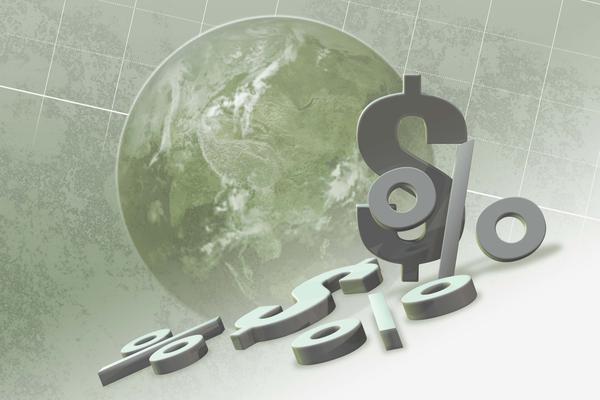Difference Between Tariff and Quota

Tariff and Quota are two terms that you encounter more frequently than anything else in business news, economics and other material focusing on international trade. Tariff and Quota have been designed to keep a check on imports into a country.
Tariff is nothing but a tax imposed by government on the imports, while quota is a kind of condition set by government on the amount of import into a country. Both Tariffs and quotas are intended to keep a check on imports, which is good for local economy and trade. The major difference between Tariff and quota is that the former helps collect tax in the form of higher prices that ultimately burden the consumers. On the other hand, quota directly restricts importers from cramming the local markets with foreign goods and products. Tariffs can hurt the public in the form of higher prices, while the effects of quota are usually experienced by importers, local traders and manufacturers.
Tariffs, despite their importance for keeping the local trade and production alive, are usually frowned upon by exporting countries and exporters, while quotas enjoy a better treatment when it comes to tactfully handling and controlling mass imports.
Instructions
-
1
Quota
Quota is a set of conditions (or a limit) imposed by government on imports. Quota obligates importers to follow government’s instructions on the quantity of goods they want to import into the country.
- Image courtesy: thehindubusinessline.com
-
2
Tariff
Tariff is a type of tax introduced by government for importers. If importers cram their goods into the country, they are obligated to pay the government money for it. The basic purpose of tariff is to encourage local trade and production, and keep imports in check.
Imports are good for an economy and it is hard to ignore their importance, but they can become a nightmare for the local trade if importers cram the markets with foreign good, which discourages local manufacturers. As a result of this, local production becomes sluggish and people tend to rely less on domestic goods, and more on imported ones.
In order to minimize the bad effects of imports on the country’s local trade and production, governments use tariffs to keep imports at a reasonable level. Tax causes importers to remain cautios and they avoid paying heavy tariffs for every consignment. With tariffs in place, government earns tax income, but at the cost of public satisfaction. It is consumers that bear the brunt of high tariffs, as prices shoot up following the imposition of indirect taxes on goods.
- Image courtesy: thehindu.com








